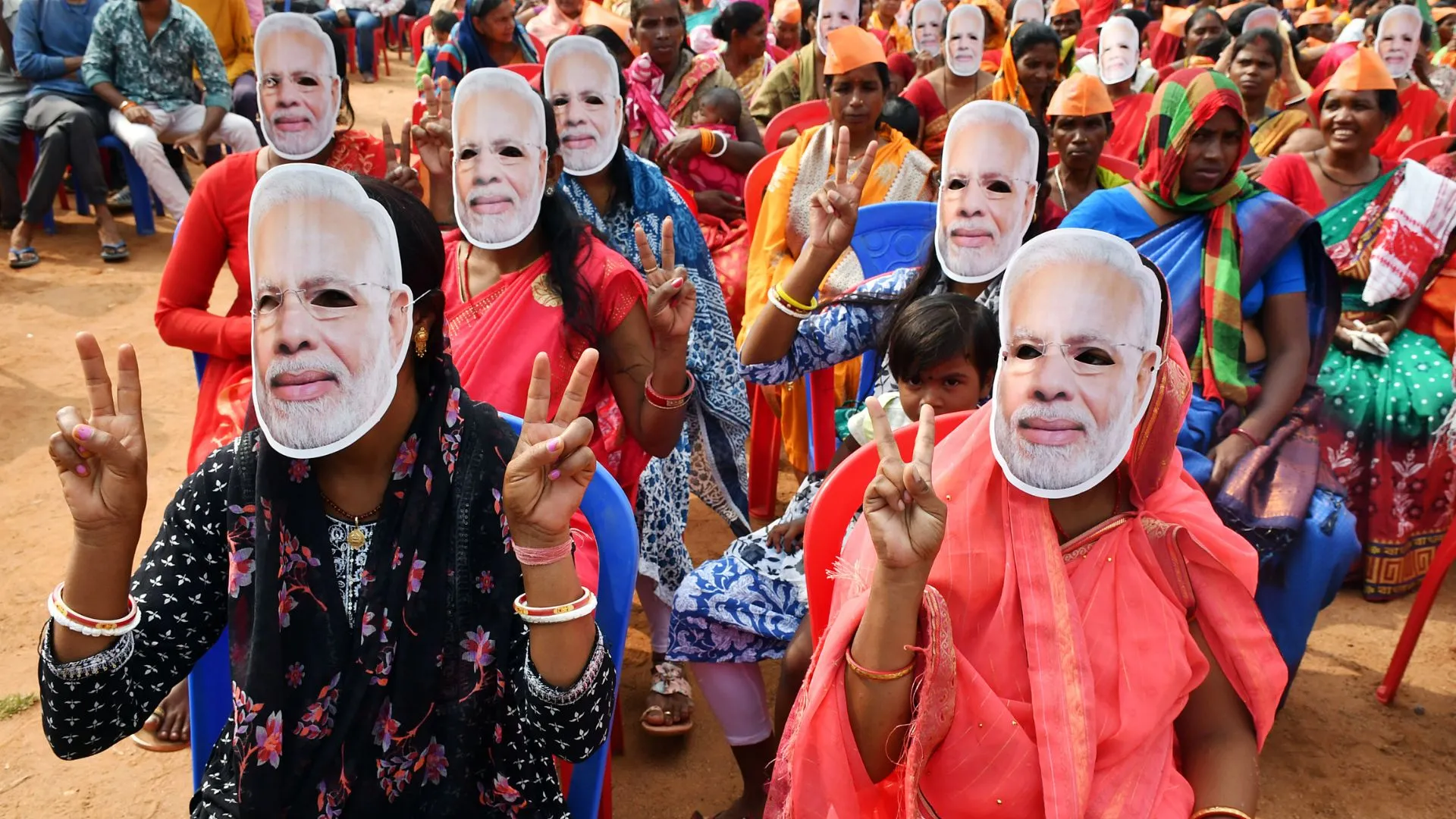On Monday, a spokesman for the Chinese Foreign Ministry stated that military cooperation between the United States and India should not jeopardise regional peace and stability, target any third parties, or even harm any third party’s interests. Days after India and the US signed several defence and business pacts, there was a response.
In response to several recent defence and business agreements between India and the US, including a deal on armed drones as well as a joint production agreement for jet engines to power military aircraft, China’s foreign minister said on Monday that cooperation between nations should not threaten regional peace and stability and target any third party.
According to Mao Ning, a spokesman for the Chinese Foreign Ministry, “China has long held that military cooperation between states should not threaten regional peace and stability, target any third party, or even harm any third party’s interests.”
During Prime Minister Narendra Modi’s state visit to Washington last week, several commercial and defence agreements were announced, and a Russian state-run news agency wanted her opinion on them. “We hope relevant countries will act in ways that are conducive to mutual trust between regional countries in the field of security and stability in the region,” the spokesperson from China’s foreign ministry said.
The Light Combat Aircraft (LCA)-Mk-II Tejas of the Indian Air Force will be powered by fighter jet engines produced jointly by General Electric Aerospace and Hindustan Aeronautics Limited (HAL). General Atomics received a purchase order from India for armed MQ-9B SeaGuardian drones. India’s capacity for intelligence, surveillance, and reconnaissance will improve as a result of this cutting-edge technology.
In comparison to the earlier MQ-1 Predator, the General Atomics MQ-9 “Reaper” armed drone has nine times the horsepower and can carry a payload that is 500% larger. Additionally, the MQ-9 UAV offers the warfighter long-endurance, persistent surveillance, and strike capability.


















